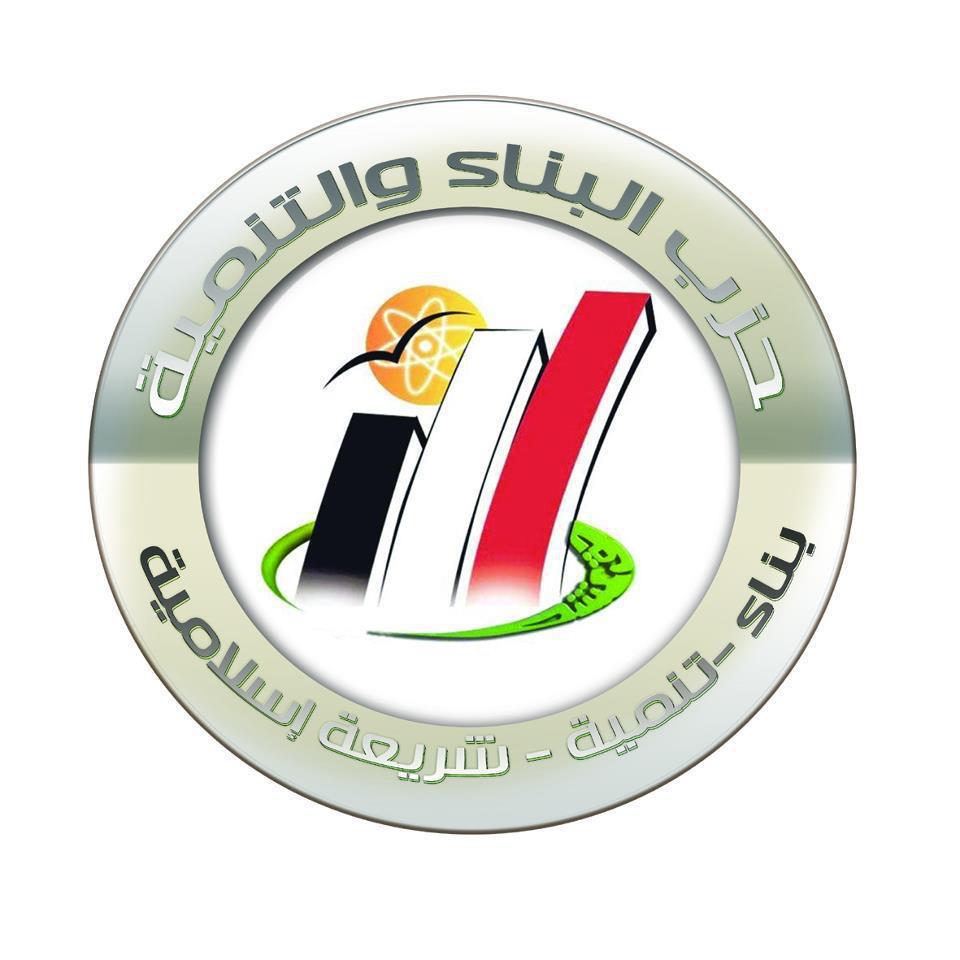CAIRO: Egypt and Israel have agreed to reduce the percentage of Israeli components that must be included in Egyptian-made products that receive duty-free status when exported to the United States, Israel’s envoy to Egypt said Monday.
Israeli Industry and Trade Minister Eli Yishai and his Egyptian counterpart, Rachid Mohamed Rachid, signed the amended agreement on Tuesday.
Israeli Ambassador Shalom Cohen said Monday the percentage of Israeli components would decline from 11.7 percent to 10.5 percent under the amended agreement.
Goods from a QIZ, several of which exist in Egypt and Jordan since the US Congress authorized them in 1996, can enter the United States duty-free provided they contain Israeli components.
Egypt and Jordan are the only two Arab states to have signed a peace deal with Israel.
The two sides also signed a bilateral memo asking American authorities to expand the QIZ agreement to include eight new industrial zones in Upper Egypt, according to Yishai.
Most products exported from Egyptian QIZ factories are textiles.
Yishai, who is also deputy prime minister, met with President Hosni Mubarak as well while in Egypt.
”Yishai’s visit reflects the good relations between Cairo and Tel Aviv and Israel’s readiness to strengthen economic and trade cooperation,” said Cohen.
Meanwhile, Egyptian Foreign Minister Ahmed Aboul Gheit on Monday criticized Israel’s attempt to obtain an exemption to nonproliferation rules so it can legally import atomic material from the ”Nuclear Supplier’s Group” – 45 nations that export nuclear fuel and technology under strict rules meant to lessen the dangers of proliferation and trafficking in materials that could be used for a weapons program.
”At the time when Egypt exerts every effort to establish a Middle East free of nuclear weapons, Israel is trying to undermine and scatter these efforts and insists on rejecting all international resolutions demanding it to join the Nuclear Nonproliferation Treaty,” said Aboul Gheit.
The initiative appeared to be linked to a US-India agreement that would effectively waive the group’s rules by allowing the United States to supply India with nuclear fuel despite its refusal both to sign the nonproliferation treaty and allowing the IAEA to inspect all of its nuclear facilities.
Israel has also refused to sign the Nuclear Nonproliferation Treaty, and while it has never publicly acknowledged having nuclear weapons, it is generally considered to possess them.
Asked to comment on Aboul Gheit’s comments made earlier in the day, Cohen said, ”We are accustomed to hearing these criticisms but each country has its own policy and I think these important issues should be discussed on higher levels.” Associated Press with additional reporting by AFP
